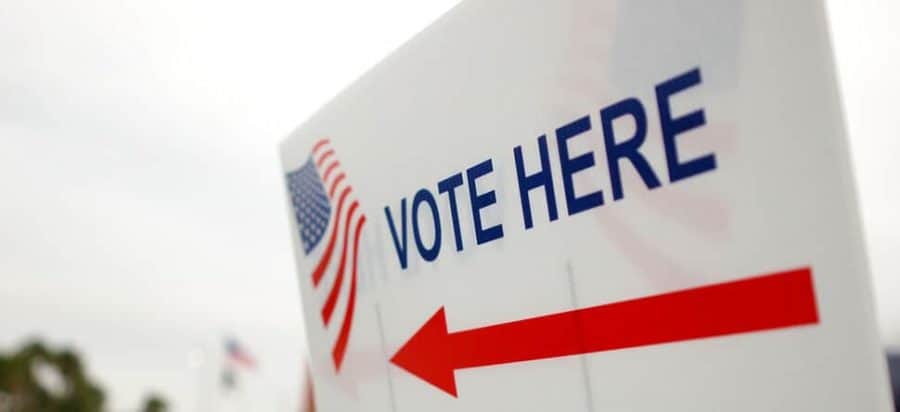Since the 2016 U.S. presidential election many people have experienced an increase in symptoms of stress and anxiety, and researchers from Baylor College of Medicine have discovered that some of those symptoms resemble characteristics of obsessive compulsive disorder (OCD). In a study published in the Journal of Anxiety Disorders, researchers found that some individuals are having politically focused intrusive thoughts and associated ritualistic behaviors due to political stressors.
“The idea for our study came about while I was taking a break from a group project. During the break, everyone pulled out their phones and started checking their respective news source. I commented on this and people responded saying that since the election, they were checking different news outlets on an excessive basis and were experiencing significantly more intrusive thoughts related to politics then they had prior,” said principal investigator Dr. Eric Storch, professor and head of psychology in the Menninger Department of Psychiatry and Behavioral Sciences at Baylor.
Participants for the study were recruited through Amazon’s Mechanical Turk, a crowdsourcing platform. For this study, Storch and his team created a survey that included several questionnaires and other tools that participants filled out. These included:
- Measures of politically focused intrusive thoughts and ritualistic behaviors
- A questionnaire regarding general obsessive-compulsive symptoms
- A depression, anxiety and stress scale
- A questionnaire designed to assess the degree of agreement with statements related to worrying
- A questionnaire designed to assess someone’s ability to control their anxiety
- A questionnaire that measures the level of impairment experienced due to the symptoms of interest across three domains: social, occupational and family functioning
- A Psychopathic Personality Inventory Deviant Responding Subscale, which is a validity measure that is used to assess random or careless responses
- A measure of social and economic conservative affiliation
Data was collected from 483 participants over a period of four weeks.
Researchers found that approximately 18 percent of people were experiencing high politically focused intrusive thoughts and associated ritualistic behaviors.
“Many of the participants reported that they were repeatedly checking news sites and social media for political updates, and they were concerned about terrible things happening to the U.S. given the politics,” Storch said.
These behaviors were associated with a fairly high level of distress so individuals who were experiencing these politically intrusive thoughts also were reporting higher levels of depression and anxiety and different types of OCD-like behavior, Storch said.
He added that whether an individual voted for the Republican candidate or the Democratic candidate did not matter. Individuals were affected regardless of their political orientation.
“Although politically intrusive thoughts and behaviors are similar to characteristics we see with OCD, essentially this may be its own disorder,” said first author Sandra Cepeda, research coordinator in the Menninger Department of Psychiatry and Behavioral Sciences. “Moving forward, I think it would be interesting to look at what’s happening on a global scale and what other types of political events might cause these symptoms to come up.”
Other contributors to this work include Dr. Dean McKay, Dr. Sophie C. Schneider, Dr. Valérie La Buissonnière-Ariza, Jolenthe T.N.E. Egberts, Dr. Elizabeth McIngvale and Dr. Wayne K. Goodman. The researchers are affiliated with one or more of the following institutions: Baylor College of Medicine, Fordham University, and VU University Medical Center.
If our reporting has informed or inspired you, please consider making a donation. Every contribution, no matter the size, empowers us to continue delivering accurate, engaging, and trustworthy science and medical news. Independent journalism requires time, effort, and resources—your support ensures we can keep uncovering the stories that matter most to you.
Join us in making knowledge accessible and impactful. Thank you for standing with us!

